UAE VAT Export of Services: Decoding Article 31(1)(a)(1) & The Latest Amendments
For many UAE businesses, providing services to clients outside the country has long been considered a straightforward zero-rated VAT supply.
This understanding allowed businesses to remain competitive internationally. However, a significant shift has occurred. Recent and crucial amendments have fundamentally reshaped this landscape, directly impacting how you must treat these vital international transactions.
Misunderstanding these new rules isn’t merely an administrative oversight; it can swiftly lead to incorrect VAT application, expose your business to severe UAE VAT penalties, and trigger significant compliance issues during a future VAT audit in UAE.
This comprehensive guide decodes the pivotal updates to UAE VAT Export of Services, focusing intently on Article 31(1)(a)(1) and the latest directives stemming from Cabinet Decision No. 100 of 2024 and FTA Public Clarification VATP040.
We’ll equip you with the knowledge to ensure your VAT compliance in Dubai remains impeccable and to correctly classify your exported services, securing your operational continuity. Navigate the complexities of zero-rated services UAE with absolute confidence.
Understanding the Latest Amendments to Article 31(1)(a)(1)
A pivotal change has arrived in the realm of UAE VAT Export of Services. The introduction of Cabinet Decision No. 100 of 2024, effective November 15, 2024, has revised the Executive Regulations of the VAT Law, with FTA Public Clarification VATP040 offering essential guidance.
This isn’t just a minor tweak; it represents a core amendment to Article 31(1)(a)(1) UAE VAT, tightening the conditions under which the export of services can qualify as zero-rated in UAE.
The primary shift in perspective is profound: the new rules now scrutinize where the intrinsic benefit of the service is consumed, or where the services are physically performed in relation to specific assets, rather than solely relying on the recipient’s place of residence.
This reorientation demands a meticulous re-evaluation of your service offerings to ensure steadfast VAT compliance in Dubai under the revised framework.
Crucial Clarification: What "Outside the UAE" Now Means for Service Recipients
The concept of a service recipient being “outside the UAE” is no longer as simple as it once seemed for zero-rated services UAE. While the foundational rule remains that for a service to be zero-rated, the recipient must not have a place of residence in UAE, a new dimension has been added.
This pivotal update introduces the 30-day rule VAT UAE. A non-resident recipient is now considered “outside the UAE” at the time services are performed only if their total physical presence in the UAE is 30 days or less within a rolling 12-month period, AND their presence is not effectively connected with the supply of the service.
The implication is significant: even a fleeting physical presence by a non-resident in the UAE for project meetings or consultations directly related to the service being supplied can now trigger standard-rated VAT, effectively shifting a service from zero-rated to 5% VAT. This demands meticulous tracking and documentation of client interactions within the Emirates.
Services That Are No Longer Zero-Rated (Now 5% VAT!)
This section carries the most direct impact for numerous Dubai businesses. Several categories of services performed within the UAE, even when supplied to non-resident recipients, are now explicitly standard-rated (5% VAT) due to their inherent nature or tangible connection to the Emirates. This marks a critical departure from previous understandings of Export services VAT UAE exclusions.
- Services Connected to Goods/Assets in UAE: Services supplied directly in connection with goods located in the UAE at the time the services are performed (e.g., installation, repair of machinery in Dubai for an overseas client) or with movable assets situated in the UAE (e.g., servicing a vehicle for a non-resident owner).
- Services Connected to Real Estate in UAE: Services directly connected with real estate situated in the UAE or any improvements to it (e.g., architectural design, construction supervision, legal services related to UAE property for a non-resident).
- Services Performed in UAE for Consumption: These are particularly impactful for industries like tourism, events, and education:
- Restaurant, Hotel, and Catering Services: Any form of hospitality service performed within the UAE.
- Cultural, Artistic, Sporting, or Educational Services: Any such services performed in the UAE (e.g., event management for an international concert held in Dubai, an educational course delivered in person in UAE).
- Supply of Transport Means: The supply of transport means to a non-taxable lessee where the transport was made available in the UAE.
For these specific services, the “place of supply” is unequivocally considered the UAE, irrespective of the recipient’s global residence, thus mandating a 5% VAT charge.
Understanding these VAT on services performed in UAE directives is paramount for avoiding costly errors stemming from the new Place of supply rules UAE VAT.
Action Steps for UAE Businesses for Compliance
Adapting to these UAE VAT amendments requires a strategic and methodical approach. Here are the critical action steps for your Dubai business to ensure robust VAT compliance in Dubai:
- Review All Contracts Meticulously: Immediately assess both existing and new contracts for export of services to non-residents. Identify the precise nature of the service, its performance location, and your recipient’s physical presence patterns.
- Update Invoicing Systems: Configure your accounting and invoicing platforms to apply the correct VAT rate (0% or 5%) in strict adherence to the new rules.
- Assess Impact on Pricing: If services previously zero-rated are now 5% VAT, this impacts your pricing and profitability for international clients. Discuss these changes with them to manage expectations.
- Strengthen Documentation: Maintain robust evidence to substantiate any zero-rated services UAE claims: proof of recipient’s non-residence, evidence of their absence from the UAE or the disconnected nature of their presence under the 30-day rule, and detailed contracts.
- Train Your Team: Educate your sales, finance, and operational teams thoroughly on the updated UAE VAT Export of Services
- Revisit Input VAT Recovery: Understand implications on input VAT recovery if a higher portion of services are now standard-rated.
A proactive UAE VAT compliance strategy is your best defense against this evolving landscape.
Why PROFITZ ADVISORY is Your Essential Partner for UAE VAT Export Compliance
Navigating the complexities introduced by the latest UAE VAT amendments, particularly to Article 31(1)(a)(1) UAE VAT, demands specialized expertise.
PROFITZ ADVISORY offers unparalleled insights and practical guidance. Our team possesses a deep understanding of FTA Public Clarification VATP040 and Cabinet Decision No. 100 of 2024, ensuring your business adapts flawlessly to these new requirements.
We can help your Dubai business conduct a meticulous review of its service export operations, ensure correct VAT application, and thereby minimize potential UAE VAT penalties. Beyond just compliance, our VAT consulting UAE services provide strategic advice on contract restructuring, documentation best practices, and developing an agile, ongoing VAT compliance in Dubai framework.
Don’t let evolving UAE VAT Export of Services rules lead to costly errors. For tailored guidance and robust VAT consulting UAE services, partner with PROFITZ ADVISORY.
Contact us for a confidential consultation today to secure your compliance!
Conclusion: Master UAE VAT Export of Services for Uninterrupted Growth
The dynamic nature of UAE VAT regulations means that staying informed and proactive is not merely advisable, but critical for businesses exporting services. The recent UAE VAT amendments to Article 31(1)(a)(1) UAE VAT fundamentally alter how you classify and account for your international service transactions.
Proactive understanding and precise application of these new rules are vital. Partner with PROFITZ ADVISORY to ensure your export services VAT UAE strategy is flawless, safeguarding your growth and reputation in the dynamic UAE market. Reach out now!
- What is the effective date of the new VAT export service rules in UAE? The new rules, stemming from Cabinet Decision No. 100 of 2024, became effective on November 15, 2024.
- Does the 30-day rule apply to all services exported from UAE? The 30-day rule VAT UAE clarifies the “outside the UAE” condition for general services. However, specific exclusions (e.g., services related to real estate, hospitality) apply regardless of the recipient’s presence, as their place of supply is deemed to be in the UAE.
- If a service is performed in a UAE Free Zone for a non-resident, is it still zero-rated? Generally, UAE VAT regulations for services in Free Zones follow mainland rules unless specifically exempted. Thus, the new Article 31(1)(a)(1) UAE VAT rules typically apply.
- What documentation is most crucial for proving zero-rating of services? Critical documentation includes proof of recipient’s non-residence, and evidence of their absence from UAE or lack of connection to service if present for less than 30 days. These UAE VAT amendments FAQs are crucial for clear understanding.








